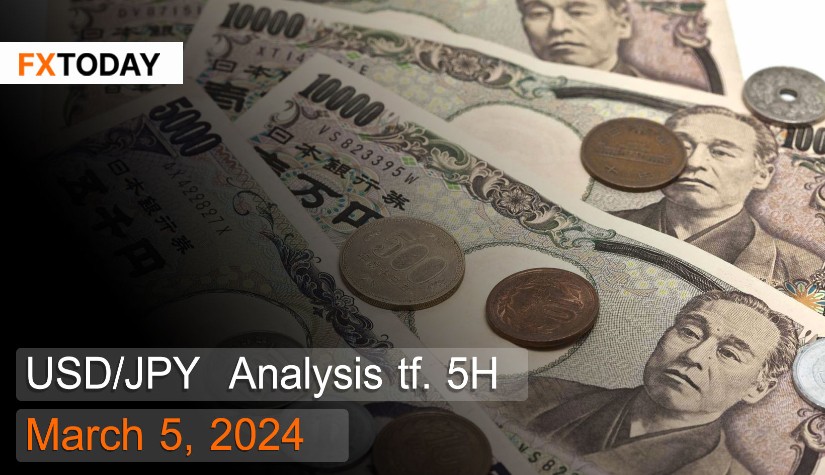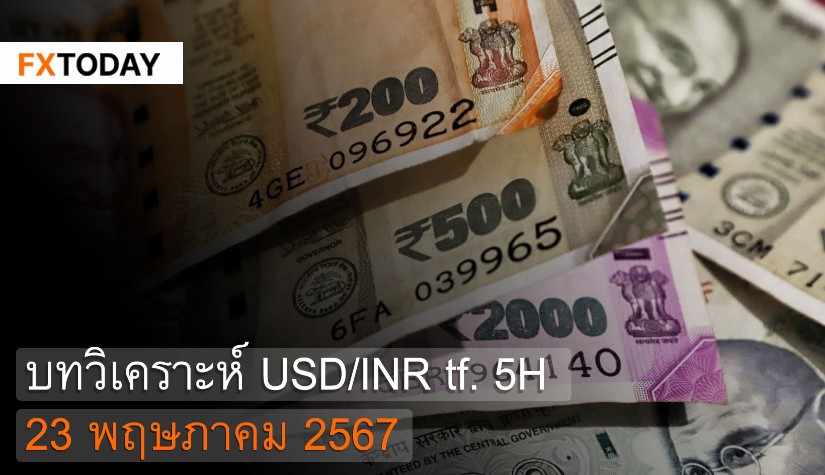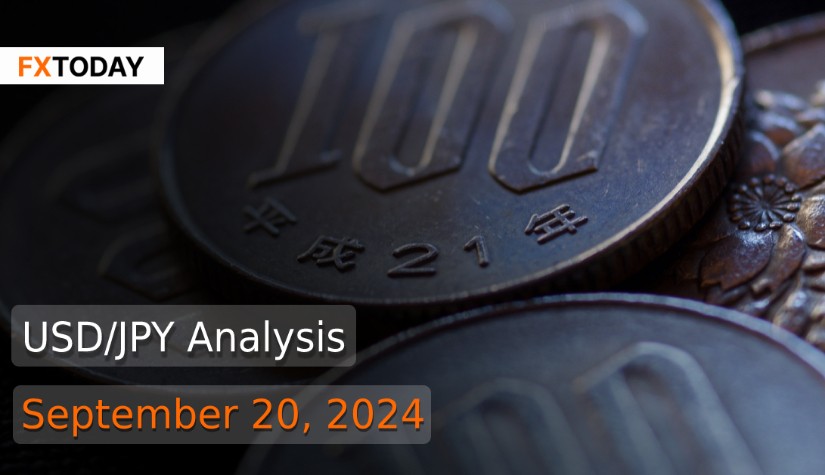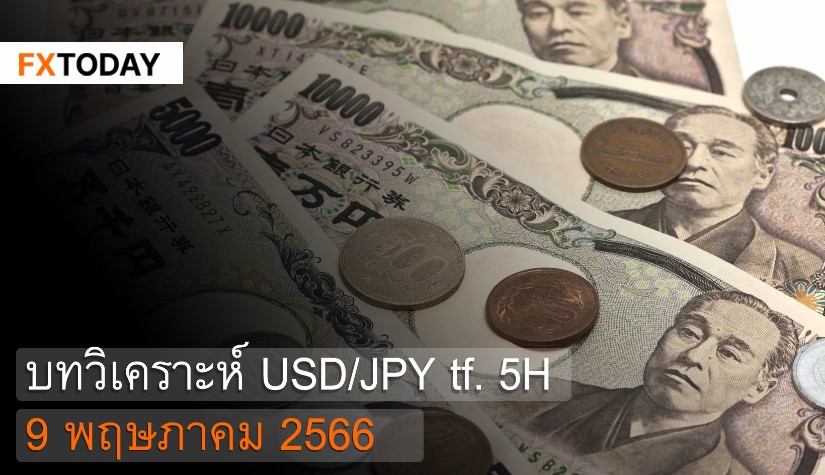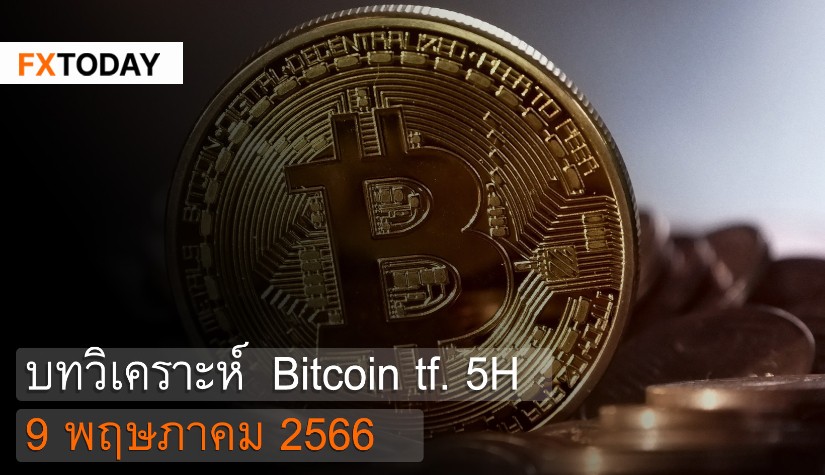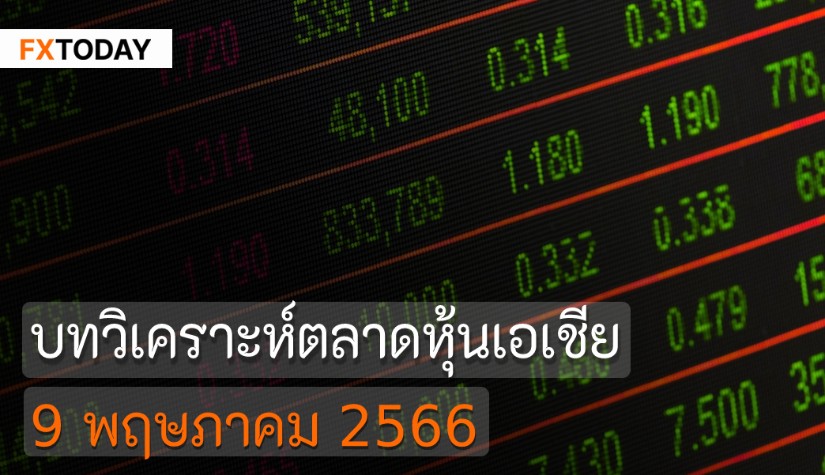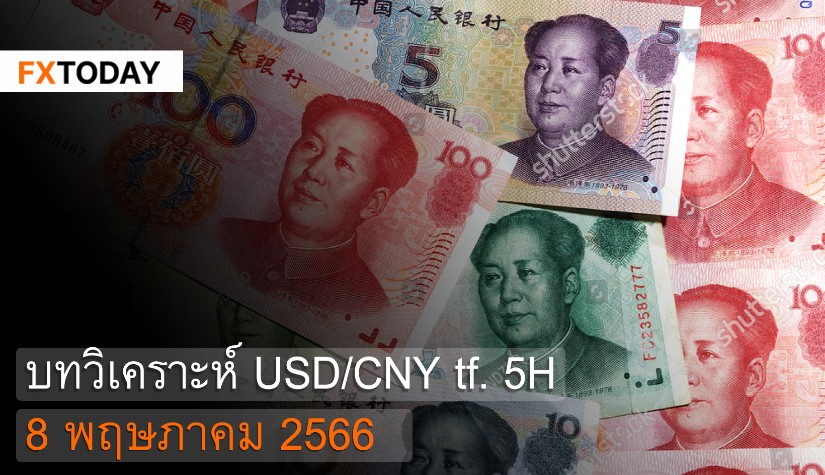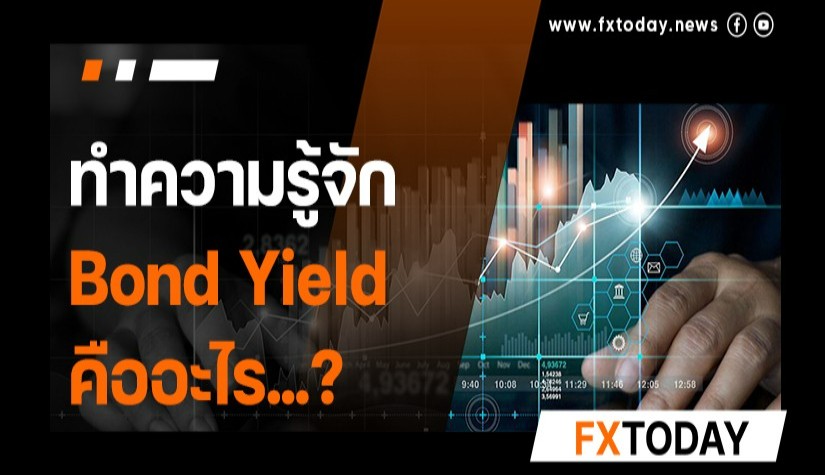Core inflation in Japan has increased once again.
The Japanese yen is stable at around 150.4 yen per US dollar after Tokyo announced a 2.5% increase in the basic inflation rate due to increased household spending, as seen in the increased retail trade volume. Although many businesses have raised wages, increased imports and a weakening yen are major factors contributing to inflation.
Retail trade volume increased by 2.3% year-on-year in January, marking continuous expansion for 23 consecutive months as consumer demand continues to recover following country closures during the pandemic. When looking at retail trade volume by industry, the pharmaceuticals and cosmetics sector saw the highest growth, followed by the food and beverage sector.
Japan's unemployment rate remained stable at 2.4% in January, the lowest in recent years, with employment increasing by 250,000 to 67.14 million while unemployment decreased by 10,000 to 1.63 million. The job-to-applicant ratio stands at 1.27, indicating sufficient job availability.
Japan's leading economic index, which measures economic trends for the next 2-3 months based on job advertisements and consumer confidence, rose to 110.2 in December due to decreased unemployment and improved consumer confidence from increased wages and slowly growing prices of certain goods.
Tokyo's core consumer price index increased by 2.5% year-on-year in February, marking a 4-month consecutive increase and aligning with market expectations. This increase in the basic inflation rate surpasses the 2% target once again, prompting Hajime Ueda, a member of the Bank of Japan's Policy Board, to call for consideration of the possibility of easing monetary policy further by raising interest rates to exit negative rates and canceling government bond yield control to combat rising inflation.
However, BoJ Governor Katsunobu Kato commented that it is premature to conclude that the inflation rate will rise again, citing issues such as the conflict in the Red Sea leading to increased commodity prices. Additionally, further consideration of wage trend data is necessary. Nevertheless, the BoJ anticipates that the inflation rate will eventually return to the 2% target.
Techical analysis data (5H)
Resistance: 150.6, 150.71, 150.79
Source: Investing.com
Buy/Long 1: If the price touches support in the price range of 150.33 - 150.41 but cannot break the support at 150.41, you may set a TP at approximately 150.71 and SL at around 150.21 or according to your acceptable risk.
Buy/Long 2: If the price breaks the resistance in the price range of 150.6 - 150.71, you may set a TP at approximately 150.79 and SL at around 150.33 or according to your acceptable risk.
Sell/Short 1: If the price touches resistance in the price range of 150.6 - 150.71 but cannot break the resistance at 150.6, you may set a TP at approximately 150.33 and SL at around 150.79 or according to your acceptable risk.
Sell/Short 2: If the price breaks the support in the price range of 150.33 - 150.41, you may set a TP at approximately 150.21 and SL at around 150.71 or according to your acceptable risk.
Pivot point March 5, 2024 05:36 PM. GMT+7
|
Name
|
S3
|
S2
|
S1
|
Pivot Points
|
R1
|
R2
|
R3
|
| Classic | 150.21 | 150.33 | 150.41 | 150.52 | 150.6 | 150.71 | 150.79 |
| Fibonacci | 150.33 | 150.4 | 150.45 | 150.52 | 150.59 | 150.64 | 150.71 |
| Camarilla | 150.44 | 150.45 | 150.47 | 150.52 | 150.51 | 150.53 | 150.54 |
| Woodie's | 150.19 | 150.32 | 150.39 | 150.51 | 150.58 | 150.7 | 150.77 |
| DeMark's | - | - | 150.47 | 150.55 | 150.66 | - | - |

